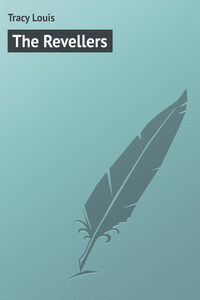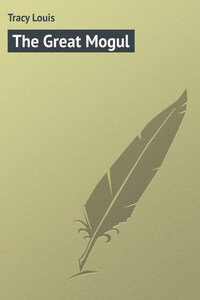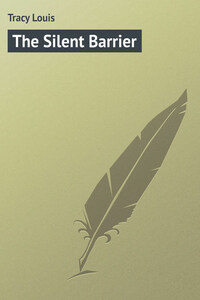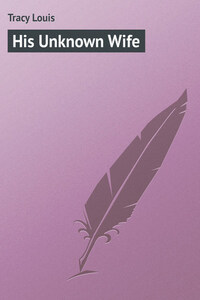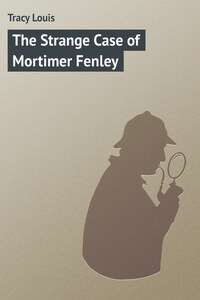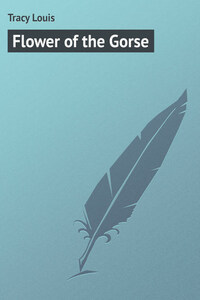“And the king was much moved, and went up to the chamber over the gate, and wept: and as he went, thus he said, O my son Absalom, my son, my son Absalom! Would God I had died for thee, O Absalom, my son, my son!”
The voice of the reader was strident, his utterance uneven, his diction illiterate. Yet he concluded the 18th chapter of the second Book of Samuel with an unctuous force born of long familiarity with the text. His laborious drone revealed no consciousness of the humanism of the Jewish King. To suggest that the Bible contained a mine of literature, a series of stories of surpassing interest, portraying as truthfully the lives of the men and women of to-day as of the nomad race which a personal God led through the wilderness, would have provoked from this man’s mouth a sluggish flood of protest. The slow-moving lips, set tight after each syllabic struggle, the shaggy eyebrows overhanging horn-rimmed spectacles, the beetling forehead and bull-like head sunk between massive shoulders, the very clutch of the big hands on the Bible held stiffly at a distance, bespoke a triumphant dogmatism that found as little actuality in the heartbroken cry of David as in a description of a seven-branched candlestick.
The boy who listened wondered why people should “think such a lot about” high priests and kings who died so long ago. David was interesting enough as a youth. The slaying of Goliath, the charming of Saul with sweet music on a harp, appealed to the vivid, if unformed, imagination of fourteen. But the temptation of the man, the splendid efforts of the monarch to rule a peevish people – these were lost on him. Worse, they wearied him, because, as it happened, he had a reasoning brain.
He refused to credit all that he heard. It was hard to believe that any man’s hair could catch in an oak so that he should be lifted up between heaven and earth, merely because he rode beneath the tree on the back of a mule. This sounded like the language of exaggeration, and sturdy little Martin Court Bolland hated exaggeration.
Again, he took the winged words literally, and the ease with which David saw, heard, spoke to the Lord was disturbing. Such things were manifestly impossible if David resembled other men, and that there were similarities between the ruler of Israel and certain male inhabitants of Elmsdale was suggested by numberless episodes of the very human history writ in the Book of Kings.
“The Lord” was a terrific personality to Martin – a personality seated on a thunder-cloud, of which the upper rim of gold and silver, shining gloriously against a cerulean sky, was Heaven, and the sullen blackness beneath, from which thunder bellowed and lightning flashed, was Hell. How could a mere man, one who pursued women like a too susceptible plowman, one who “smote” his fellows, and “kissed” them, and ate with them, hold instant communion with the tremendous Unseen, the ruler of sun and storm, the mover of worlds?
“David inquired of the Lord”; “David said to the Lord”; “The Lord answered unto David” – these phrases tortured a busy intelligence, and caused the big brown eyes to flash restlessly toward the distant hills, while quick ears and retentive brain paid close heed to the text.
For it was the word, not the spirit, that John Bolland insisted on. The boy knew too well the penalty of forgetfulness. During half an hour, from five o’clock each day, he was led drearily through the Sacred Book; if he failed to answer correctly the five minutes’ questioning which followed, the lesson was repeated, verse for verse, again, and yet again, as a punishment.
At half-past four o’clock the high tea of a north-country farmhouse was served. Then the huge Bible was produced solemnly, and no stress of circumstances, no temporary call of other business, was permitted to interfere with this daily task. At times, Bolland would be absent at fairs or detained in some distant portion of the farm. But Martin’s “portion of the Scriptures” would be marked for careful reading, and severe corporal chastisement corrected any negligence. Such was the old farmer’s mania in this regard that his portly, kind-hearted wife became as strict as John himself in supervising the boy’s lesson, merely because she dreaded the scene that would follow the slightest lapse.
So Martin could answer glibly that Ahimaaz was the son of Zadok and that Joab plunged three darts into Absalom’s heart while the scapegrace dangled from the oak. Of the love that David bore his son, of the statecraft that impelled a servant of Israel to slay the disturber of the national peace, there was never a hint. Bolland’s stark Gospel was harshly definite. There was no channel in his gnarled soul for the turbulent life-stream flowing through the ancient text.
The cold-blooded murder of Absalom, it is true, induced in the boy’s mind a certain degree of belief in the narrative, a belief somewhat strained by the manner of Absalom’s capture. Through his brain danced a tableau vivant of the scene in the wood. He saw the gayly caparisoned mule gallop madly away, leaving its rider struggling with desperate arms to free his hair from the rough grasp of the oak.
